Enhance students’ understanding of spatial language with this prepositions of place worksheet pack featuring four different household scenes.
Looking for a Prepositions of Place Worksheet Pack?
When it comes to teaching prepositions of place, it is a good idea to start with familiar vocabulary and settings.
This prepositions of place worksheet pack provides a visually rich and interactive way for young learners to grasp spatial relationships. Featuring four detailed household scenes, this resource helps students identify relationships between objects based on where items are positioned in a room.
To complete each worksheet, students will choose the correct preposition from the three options available to complete the sentence based on the visual stimulus. For example: The lamp is under/behind/above the chair.
This prepositions of place worksheet pack features the following visual stimuli:
- Kitchen
- Bathroom
- Lounge Room
- Bedroom
Answer sheets are also provided in the download.
This prepositions of place worksheet set downloads as a full-color or black-and white PDF document.
Differentiation Ideas for This Preposition of Place Worksheet Pack
This preposition of place worksheet pack is perfect for a variety of classroom activities. Here are some ways to make sure all learners’ needs are supported while completing the activity:
- For Emerging Learners – Provide less confident students with a list of common prepositions to guide their responses. Teach Starter’s Preposition Flashcards would be a helpful resource for this purpose.
- For Advanced Learners – Have the students draw a picture of a section of the classroom, then write their own sentences to describe the position of certain objects in relation to others.
Download These Prepositions of Place Worksheets
Accessing these prepositions of place worksheets is quick and easy! Simply download your preferred file, print the worksheets, and you’re ready to go!
As the download contains answer sheets, we suggest printing one copy of the entire resource, then removing the answer sheet before making copies for your students.
Resources to Complement This Preposition of Location Worksheet Pack
Cut down on your weekly planning by downloading more of Teach Starter’s preposition resources for elementary students. We promise you won’t be sorry you did!
[resource:5148028] [resource:5147373] [resource:5146409]
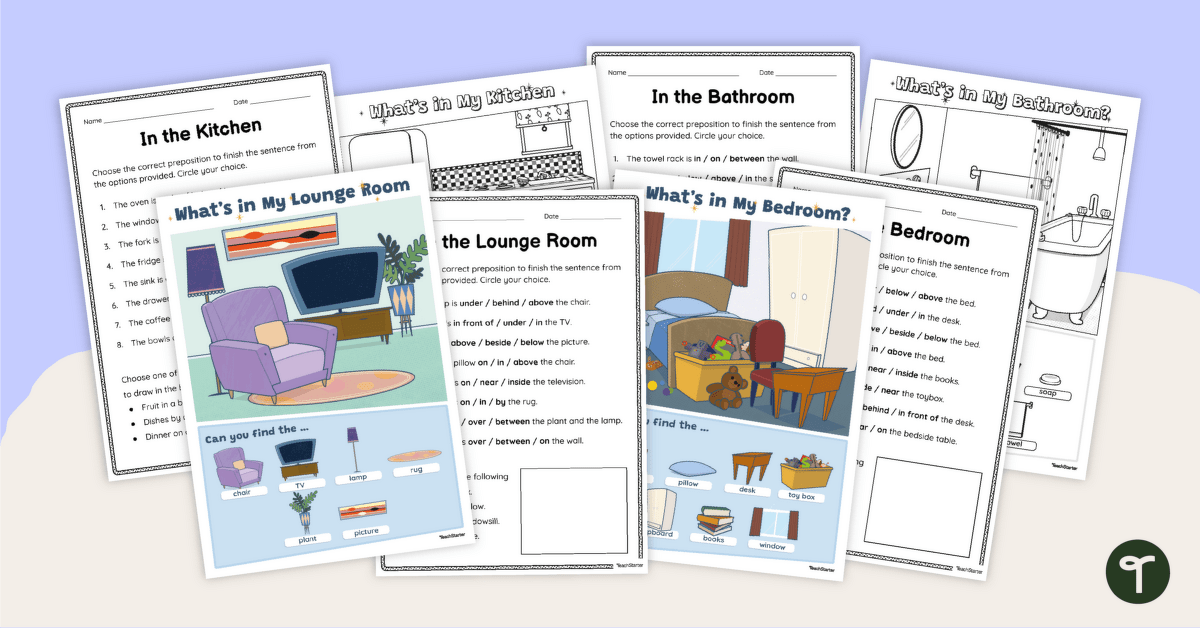

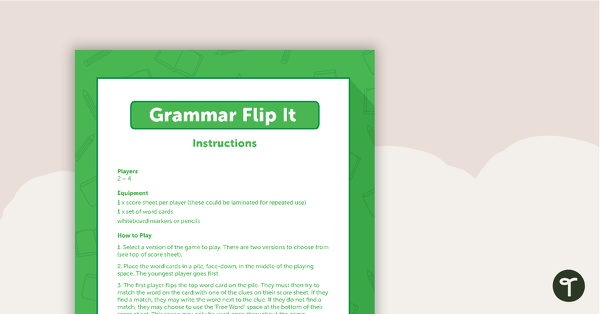
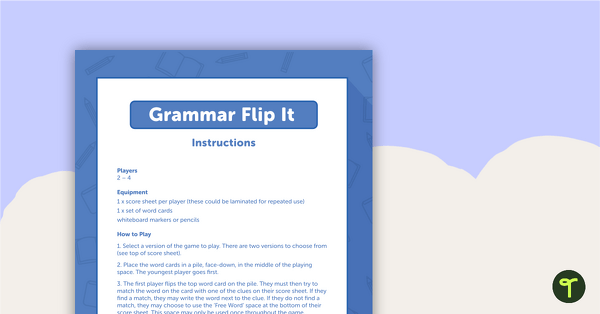
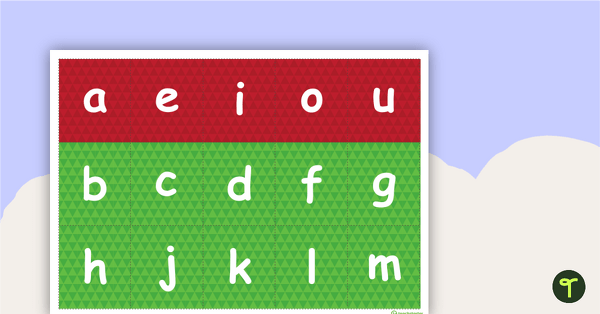
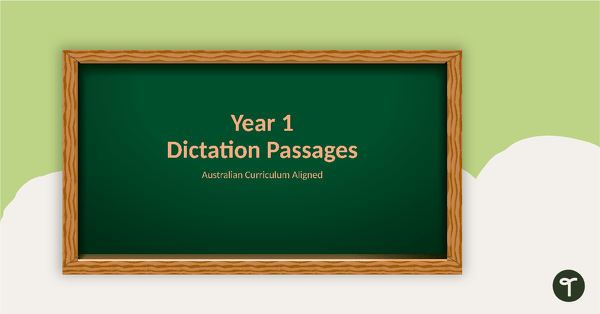
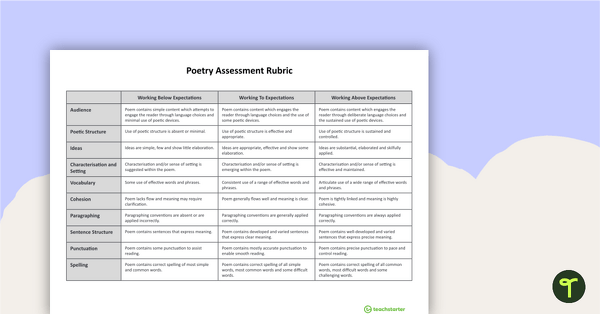
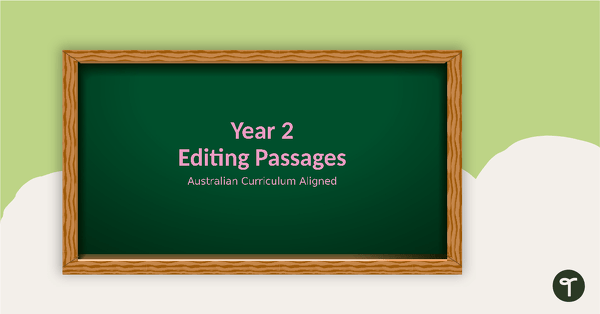
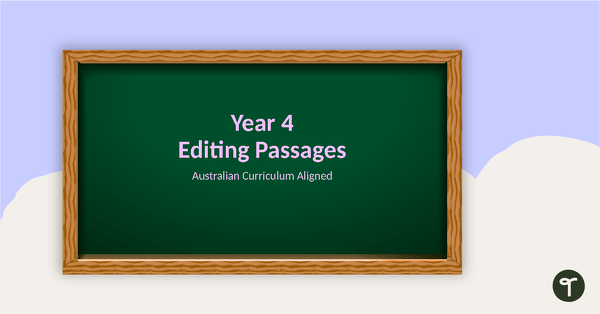
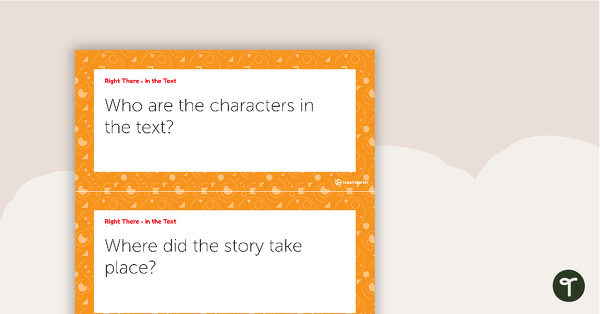
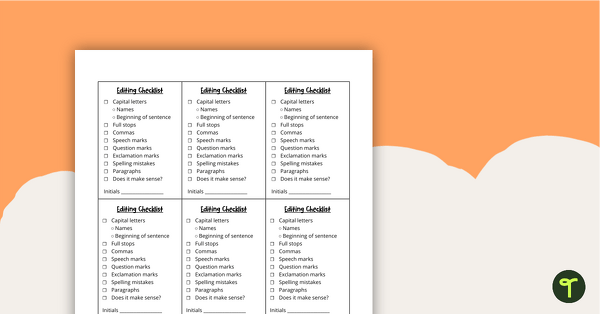
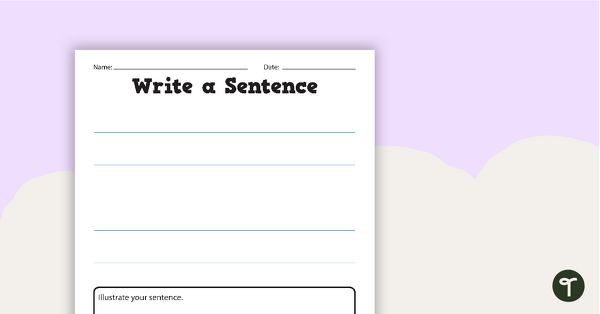
0 Comments
Write a review to help other teachers and parents like yourself. If you'd like to request a change to this resource, or report an error, select the corresponding tab above.